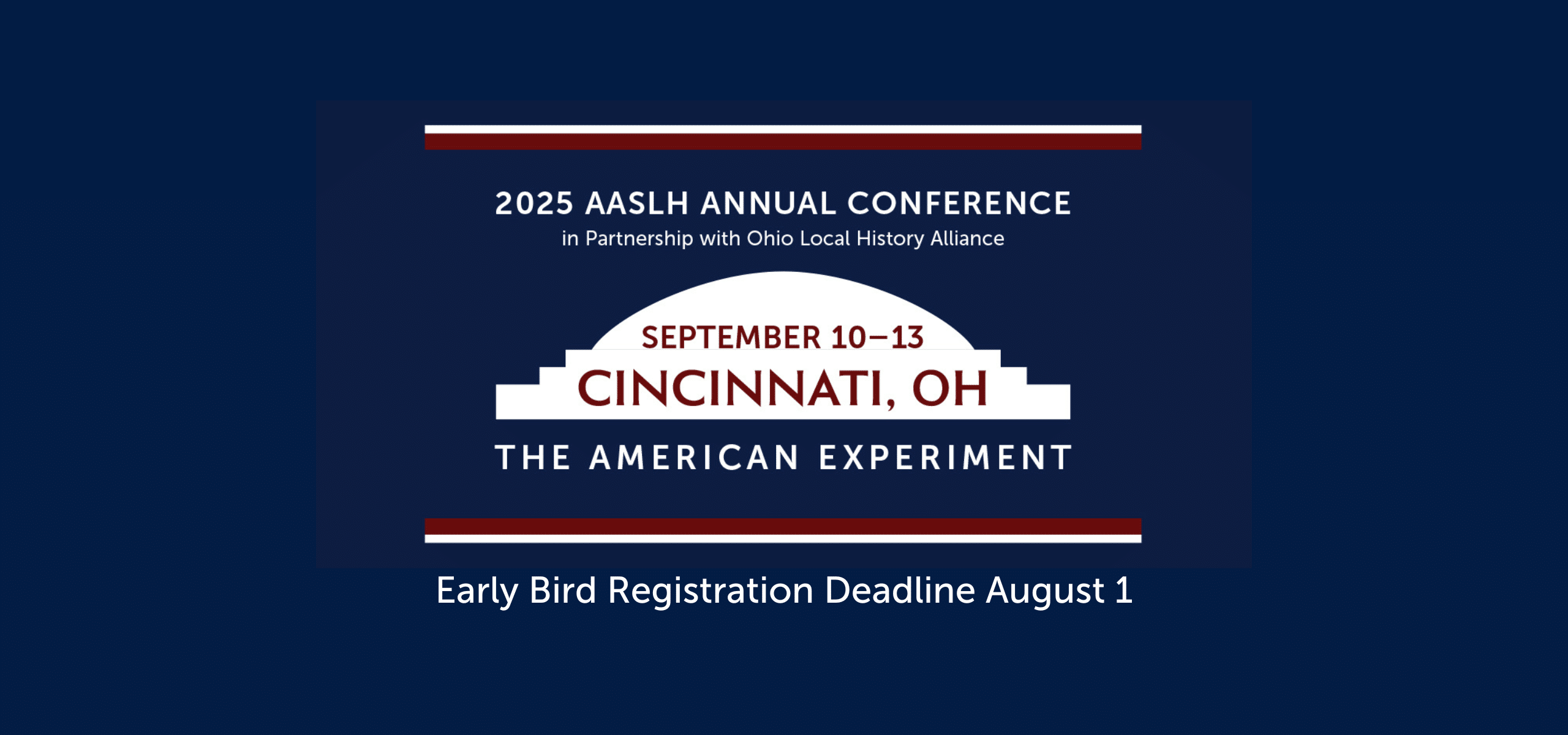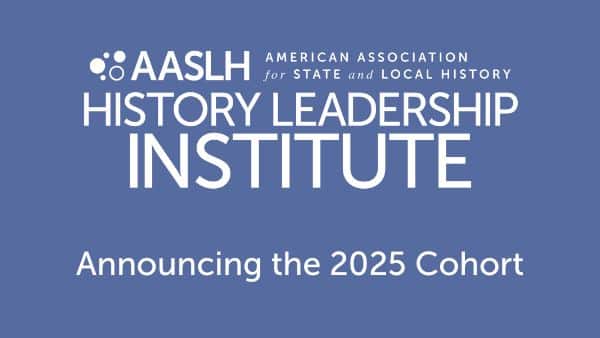To All the Job Seekers Out There
I know there is a lot of advice on the World Wide Web about job seeking, but I wanted to put in my two-cents as someone who does hiring in the realm of history education and interpretation.
It is not an easy job market for the new museum and history professionals, and I am afraid it is breeding bad habits when it comes to finding that first full time job. I have been seeing patterns that are more harmful than helpful to potential candidates.
So let me apologize for this being part advice, part personal therapy (for me). I hope it helps some of the job seekers out there. Also embedded in this post is my personal quest to make the cover letters of the world better, smarter, and concise.
#1 Be smart, don’t apply for everything.
This is hard not to do, but don’t apply for EVERYTHING. I see this tendency and as a hiring manager and it looks like the applicant does not understand the job description. Chances are that a name may come across my desk again and may be remembered as the person who applies for everything, no matter what. Don’t be that person!
From an education and interpretation perspective, the types of audience the job engages with should align to your background and experience. If the job is about managing a docent program and you have been developing programs for a P-12 audience, this might not be the right fit. There is always a case to be made for transferrable experiences. Maybe you see a really clear connection between your skills in the P-12 world and docent management. Then you need to make a very clear, concise, and intelligent argument for that in your cover letter. If you feel like it’s a stretch- that making the case that you fit for this job is partially fiction- that is apparent to a hiring manager.
Sometimes I have management level jobs that are asking for years of experience and receive applications from people who are seeking their first job. This is also a mistake in matching skills and experience with potential jobs. I know the market is tough, but applying to something this far out of your reach is not the best use of your time. This is a small field, everyone knows everyone but two degrees, and you want to show your competence in how you match yourself to potential jobs.

#2 Pay attention to the facts and details.
There is a lot written about cover letters (including this recent post on the AASLH blog by Janice Klein) and they are so important! As I mentioned above it is your chance to (briefly!) state why you and this job are meant to be.
If you are applying for lots of jobs be EXTRA careful that you don’t leave in an incorrect title or organization name. Our organization changed its name a few years ago and it jumps out when applicants do not have the new name in their cover letters.
Do your homework and show that you’ve taken the effort to look into the organization, its mission, and programs.
Don’t spend a lot of time figuring out whom to address the cover letter. Do not make the mistake of assuming it is a “sir.” I don’t mind being called “hiring committee” or “to whom it may concern;” I do hate being called “sir.”
Don’t go crazy with the formatting or the fancy paper. Many places send out resumes electronically so any time spent making the paper look nice is unnecessary. Weird formatting takes away from your brilliantly crafted message.
If the job posting asks you do send in certain items, be sure to send them in and show you can follow instructions. Our postings ask for a job application, resume, and cover letter and often one of those is missing. Read carefully to make sure you know what the hiring organization is looking for. This may seem obvious, but the number of mistakes I see in this area are very high.
#3 Know yourself and know how to talk about your skills.
This point is related to the first two and my continued quest to make the world’s cover letters better.
When you have found a job posting that fits your skills, know how to craft that connection (briefly!) in your cover letter, but also tweak your resume or CV to reflect the language in the job posting.
From an education and interpretation perspective, take a look at their website and see what language the organization uses around learning or education and reflect that in your application materials. We often may use the same types of tools, we might just have different vocabulary for those tools. Does the organization have a statement of learning or education philosophy? Try to make it apparent how your skills and expertise would forward the mission and the values of the organization.
In conclusion, applying for a job, requires more strategy and time then it may seem. Refining the resume is not the only step, it is a small piece of a bigger puzzle. And remember, that even if you do not get this job, this is still your first impression with an organization or a manager who could come into your life down the road.




